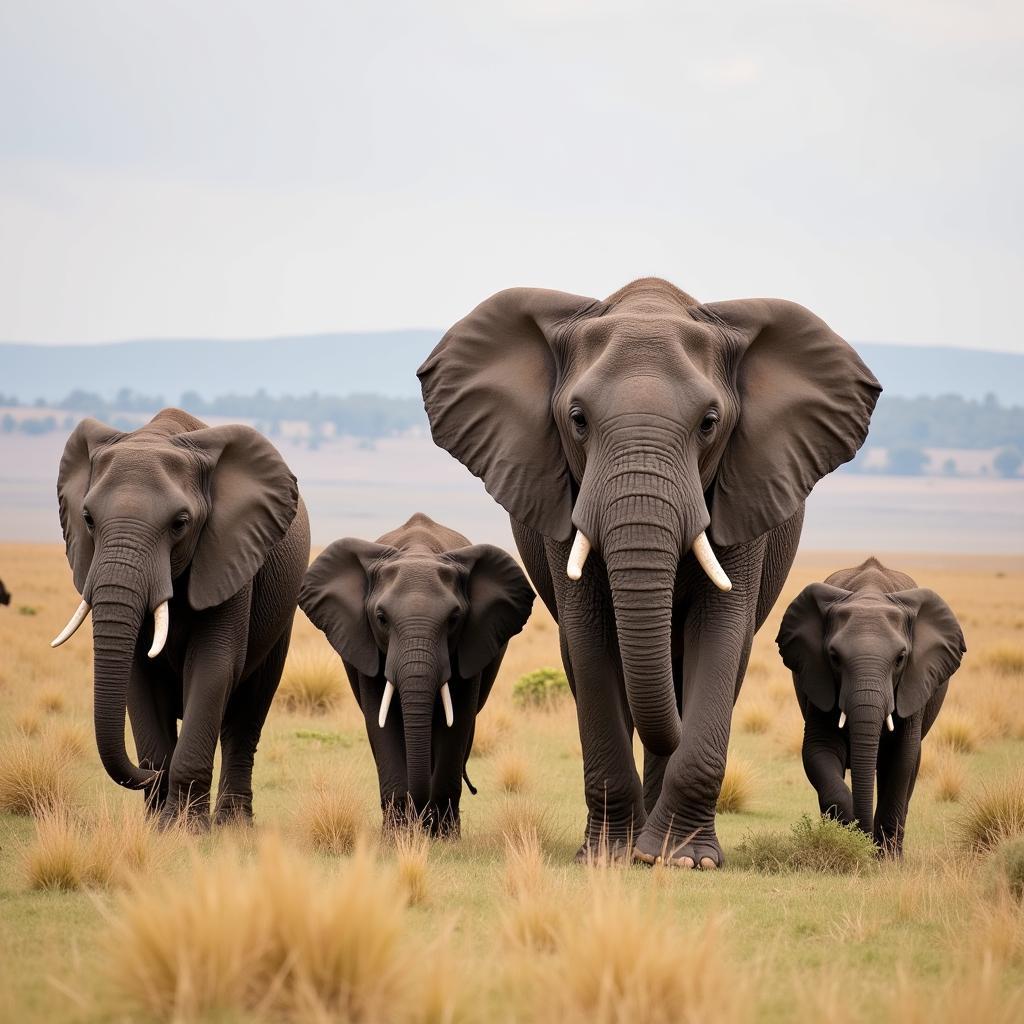African History: A Very Short Introduction
African history is a vast and complex subject, spanning thousands of years and encompassing a diverse range of cultures, civilizations, and events. From the ancient kingdoms of Egypt and Nubia to the rise of colonialism and the struggle for independence, Africa’s history is rich with stories of resilience, innovation, and cultural brilliance. This short introduction aims to provide a glimpse into some of the key highlights and pivotal moments that have shaped the African continent.
The Cradle of Civilization
Africa is often referred to as the “cradle of civilization” for its role in the development of early human societies. The earliest evidence of human evolution and the emergence of agriculture can be traced back to the African continent. The Nile Valley, in particular, witnessed the rise of the ancient Egyptian civilization, renowned for its impressive pyramids, hieroglyphic writing system, and advanced knowledge of astronomy, medicine, and mathematics.
Ancient Kingdoms and Empires
Throughout history, Africa has been home to a multitude of powerful kingdoms and empires, each with its own unique cultural and political identity. The Aksumite Kingdom in present-day Ethiopia and Eritrea flourished between the 1st and 7th centuries CE, developing a rich trade network and embracing Christianity. In West Africa, the Mali, Ghana, and Songhai empires emerged as major centers of trade, learning, and cultural exchange, known for their gold wealth and influential scholars like Ibn Battuta.
The Transatlantic Slave Trade
The transatlantic slave trade, which began in the 15th century, had a devastating impact on Africa. Millions of Africans were forcibly removed from their homelands and transported to the Americas, where they were enslaved and subjected to brutal exploitation. This period left a lasting legacy of trauma and social injustice, shaping the racial dynamics of the Americas and continuing to affect African societies today.
Colonialism and Independence
In the 19th century, European powers embarked on a scramble for Africa, leading to the colonization of nearly the entire continent. Colonial rule imposed foreign laws, exploited natural resources, and suppressed African cultures and identities. This period saw the rise of resistance movements and nationalist ideologies, culminating in the independence of most African countries in the mid-20th century.
Post-Colonial Africa
The post-colonial era has been marked by a period of political and economic instability in many African countries. Despite the challenges, Africa has witnessed significant progress in areas such as education, healthcare, and technological development. The continent is also experiencing a surge in economic growth and entrepreneurship, fueled by its youthful population and abundant natural resources.
The Future of Africa
Africa faces a number of challenges in the 21st century, including poverty, conflict, and climate change. However, the continent also possesses immense potential for economic growth and social progress. With its rich cultural heritage, growing population, and untapped resources, Africa is poised to play a pivotal role in shaping the future of the world.
Frequently Asked Questions
Q: What are some of the major cultural contributions of ancient Egypt?
A: Ancient Egypt is famous for its pyramids, hieroglyphic writing, sophisticated mathematical and astronomical knowledge, and advancements in medicine and engineering. They also developed a vibrant art and religious system that influenced later cultures.
Q: How did the transatlantic slave trade impact Africa?
A: The transatlantic slave trade led to the loss of millions of Africans, disrupted social structures, and caused widespread economic devastation. It also left a legacy of racism and prejudice that continues to affect African societies today.
Q: What are some of the key challenges facing Africa today?
A: Africa faces challenges such as poverty, conflict, climate change, and disease. However, the continent also has a lot of potential for economic growth and social progress.
Q: What is the role of education in Africa’s development?
A: Education is crucial for Africa’s development. By investing in education, we can empower young people, improve health outcomes, and drive economic growth.
Q: What are some of the exciting developments happening in Africa today?
A: Africa is witnessing a surge in entrepreneurship, technological innovation, and economic growth. Many African countries are experiencing positive trends in areas such as healthcare, education, and infrastructure development.



